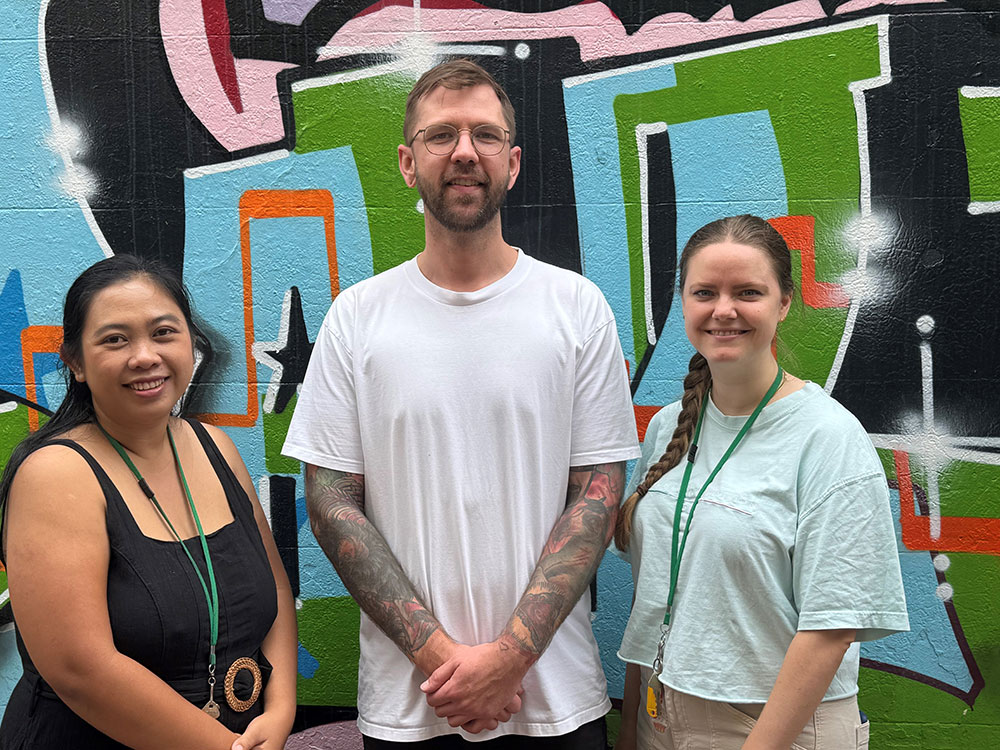Independent UN experts today called for the suspension of Cambodia’s newly issued Charter for Professional Journalism and urged a thorough review to reform it.
The Ministry of Information’s formal promulgation of the Charter on 6 August 2024 came after the Ministry made the Charter public on 24 July.
“No comprehensive consultations were held as part of the process of developing the Charter and a few stakeholders were given only nine days to comment. Just four days after the deadline, the Charter was promulgated without the possibility of further discussion on the input by relevant parties,” the experts said.
Concerns also remain about the scope of its application, which appears intended to be applied broadly to individual journalists, media outlets, publishers, journalists’ associations, and those operating on social media platforms.
“The Charter fails to incorporate a public interest override and to establish properly the main remedies for when the media makes factual errors, namely the rights of correction and reply,” the experts said. They said the Charter further incorporates provisions that stresses the dissemination of only accurate information, or even to combat “fake news, malinformation, disinformation and misinformation”, rather than to take reasonable steps to verify information before publication. It also fails to establish properly the main remedies for when the media makes factual errors, namely the rights of correction and reply.
While expressing concerns about the hurried adoption of the Charter, the experts stressed that any process involving professional media code should be inclusive, participatory, and developed in a transparent manner with enough time for review and feedback. They noted that any professional media code should be drafted by and for the media, rather than through a Ministry-led process and any proposed oversight or monitoring mechanism should be independent from the authorities. No such guarantee is provided under the Charter.
“Being a party to the International Covenant on Civil and Political Rights, Cambodia should ensure that any constraints on freedom of expression, freedom of the press, access to information and need to comply with its provisions, especially articles 19 and 20,” the experts said. “Under international human rights law, the right to freedom of expression encompasses a right to access information. Journalists both exercise their own rights to freedom of expression and play a crucial role in ensuring that members of the public can access information.”
The experts call on Cambodia to protect and promote independent, free and pluralist media as a vital pillar of democracy and an enabler of sustainable development and to reform laws, policies and practices, including the Charter, that impede freedom of expression.








